Is Fast Eating Affecting Your Dog’s Behavior?
Does your dog get overly excited—or even aggressive—around mealtime? Fast eating could be a significant contributor to this dog behavior issue. Beyond digestion problems, it can lead to bad behavior in dogs, such as anxiety, food guarding, and hyperactivity.
This guide explores how fast eating impacts your dog's behavior and provides actionable tips to correct bad behavior in dogs during mealtime.
Why Do Some Dogs Eat So Fast?

1. Survival Instincts
In the wild, eating quickly ensured survival by preventing others from taking their food. Domesticated dogs, especially in multi-pet households, can retain this instinct.
2. Learned Anxiety
Dogs that experienced food scarcity or competition in the past often eat rapidly, which can lead to stress and possessive behaviors.
3. Emotional Triggers
Stressful environments or feelings of insecurity during meals may cause your dog to eat quickly as a coping mechanism.
Quick Tip: Observe your dog’s mealtime surroundings and routine to understand why they eat fast. Identifying the cause is the first step to addressing this dog problem.
How Fast Eating Leads to Behavioral Issues
Fast eating doesn’t just affect digestion; it’s closely tied to bad behavior in dogs. Here’s how:
1. Anxiety and Restlessness
Fast eaters may display heightened anxiety or post-meal restlessness, which can spill over into their general behavior.
2. Food Guarding and Aggression
A dog that eats rapidly may become possessive of their food, acting aggressively if approached during meals.
3. Hyperactivity and Impulsiveness
Rapid eating reinforces impulsive behavior, contributing to hyperactivity and making training more challenging.
4. Reduced Impulse Control
Dogs who eat quickly often struggle with impulse control in other areas, like jumping or excessive barking.
The Science: Fast Eating and Stress Levels
Eating too quickly can activate a dog’s “fight or flight” response, increasing stress hormone levels. Studies show that slowing down mealtime helps reduce adrenaline, promoting calm behavior and minimizing food-related anxiety.
How to Correct Bad Behavior in Dogs Caused by Fast Eating

Slowing down your dog’s eating can address behavior issues effectively. Try these strategies:
1. Use a Puzzle Feeder™ or Slow-Feeder Bowl
These tools make your dog work for their food, naturally pacing their eating. Research indicates Puzzle Feeder™s can slow eating by up to 10 times, reducing stress and aggressive behavior.
2. Create a Calm Mealtime Environment
Feed your dog in a quiet, distraction-free space. A calm setting reduces stress and discourages rushing through meals.
3. Offer Smaller, More Frequent Meals
Breaking meals into smaller portions throughout the day prevents overeating and reduces the urgency to eat quickly. Feeding your dog smaller meals more often also helps prevent them from becoming overweight, which has been linked to behavioral issues.
4. Try Hand-Feeding
Hand-feeding helps you control your dog’s eating pace and strengthens the bond between you. It also encourages calm behavior during meals.
Benefits of Slower Eating on Your Dog’s Behavior
Helping your dog eat more slowly leads to long-term improvements in their behavior and well-being:
Reduced Anxiety: Slow eating calms dogs, minimizing post-meal hyperactivity.
Improved Socialization: Dogs that eat slower are less likely to guard their food, improving interactions with people and other pets.
Enhanced Impulse Control: Slower eating teaches patience, which can translate to better behavior in training and everyday activities.
Frequently Asked Questions (FAQs)
1. Why is my dog so anxious about food?
Past experiences, competition, or a stressful environment may trigger food anxiety. Creating a calm space and encouraging slow eating can help.
2. Can slowing down eating change my dog’s behavior?
Absolutely! A slower eating pace reduces stress, aggression, and hyperactivity.
3. What’s the best slow-feeder bowl for my dog?
Choose a bowl based on your dog’s size, breed, and eating habits. Look for eco-friendly options for a sustainable choice.

Conclusion: Slow Feeding for Better Behavior
If fast eating is causing behavior issues in your dog, implementing slow-feeding techniques can make a significant difference. Tools like a Puzzle Feeder™, calm environments, and smaller portions not only improve digestion but also correct bad behavior in dogs, leading to a healthier, happier pet.
Explore Puzzle Feeder™’s range of eco-friendly products to help your dog develop healthier eating habits—because a calmer mealtime means a happier, more balanced pet!


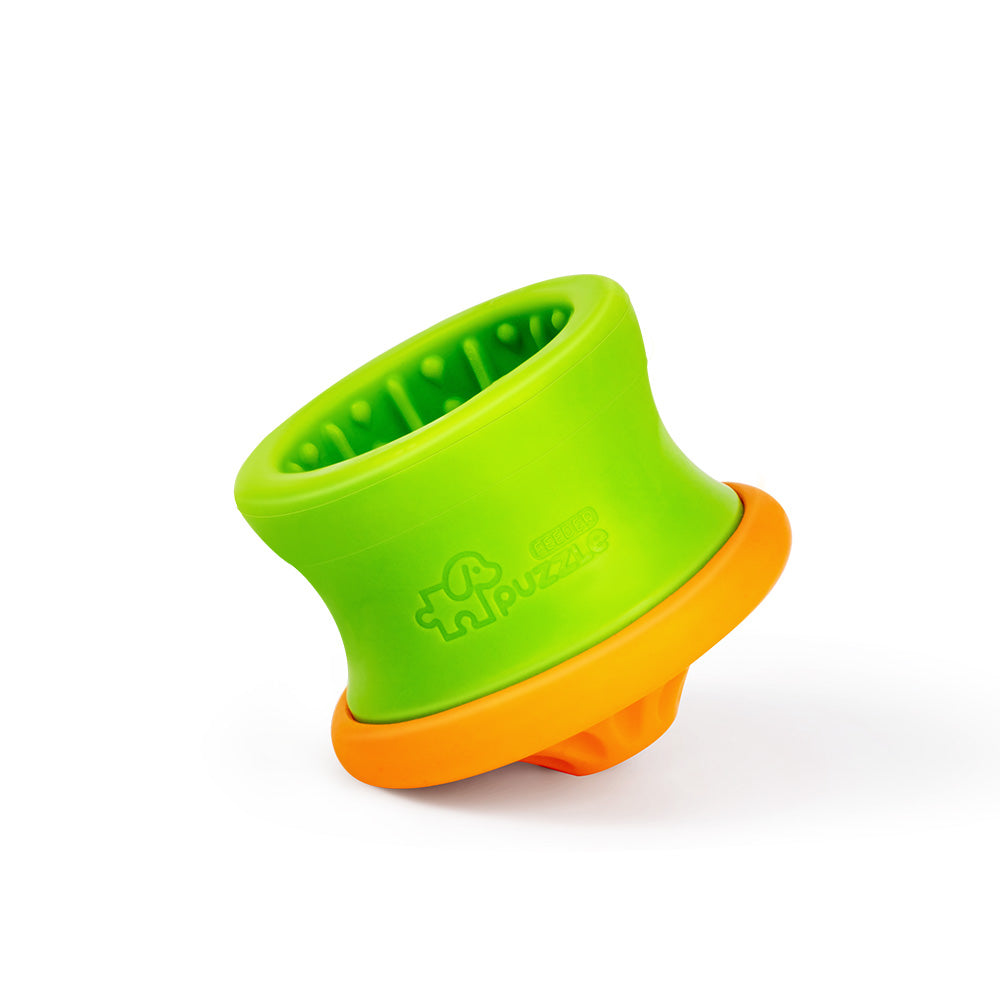
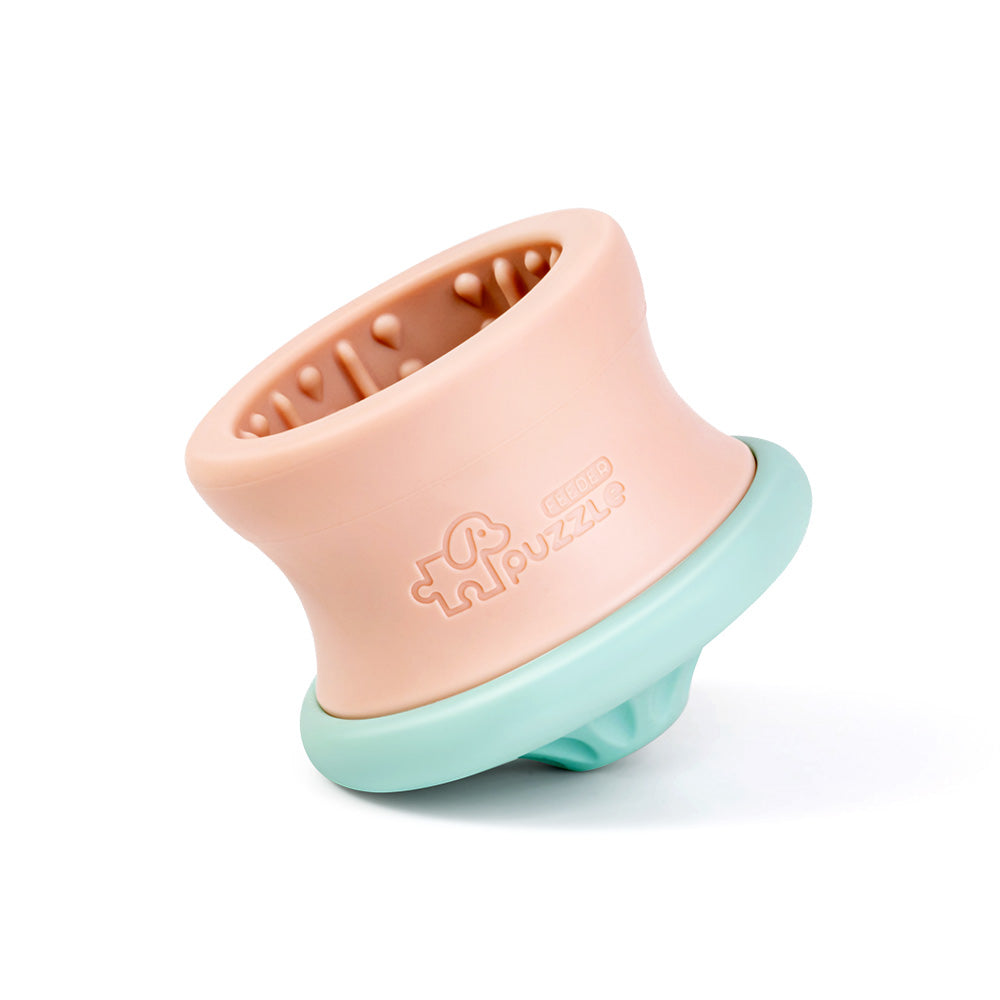
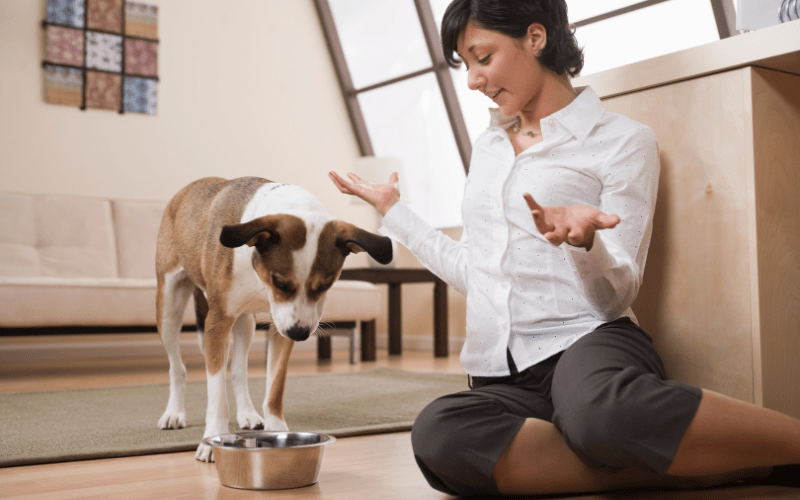
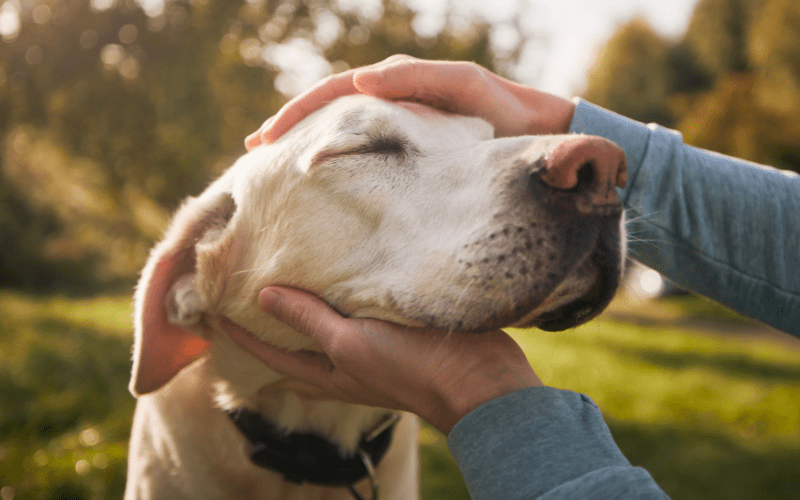
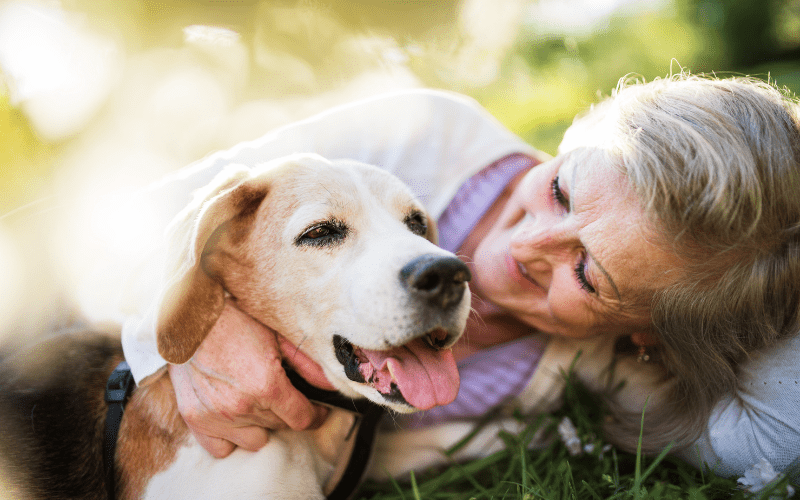
Laisser un commentaire
Tous les commentaires sont modérés avant d'être publiés.
Ce site est protégé par hCaptcha, et la Politique de confidentialité et les Conditions de service de hCaptcha s’appliquent.